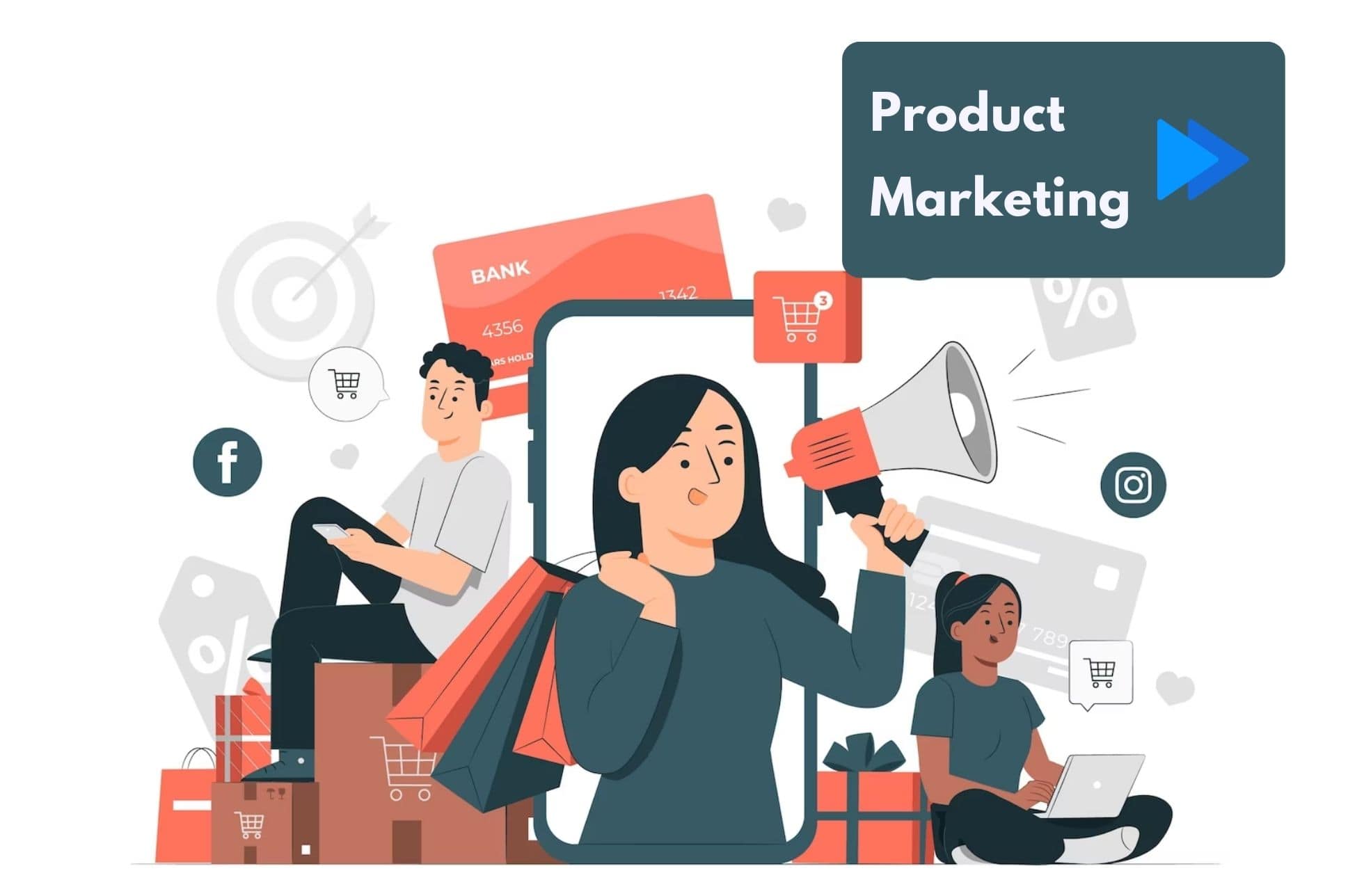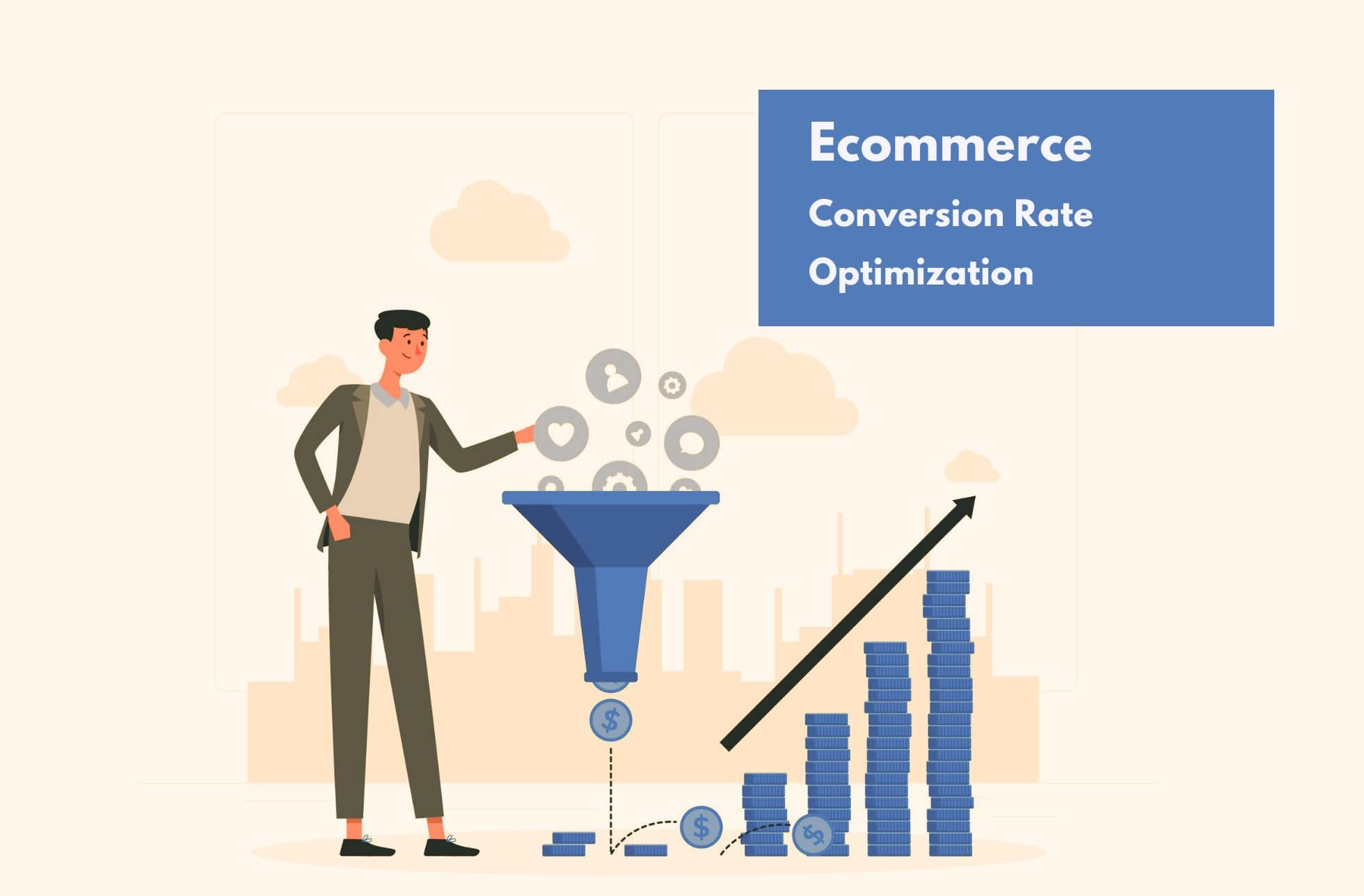There’s no denying that e-commerce has become a major player in retail over the past few years—but when beginning your very own venture, it makes sense to look at peers who have seen success previously in order to learn from them. Here are just a selection of the success stories from e-commerce you can attempt to replicate.
Amazon
Perhaps the most well-known success story of them all, Amazon is an undeniable force worldwide when it comes to e-commerce—selling everything from clothing to technology, and from food and drink to medicines, the globally relied upon corporation got its humble beginnings in Jeff Bezos’ garage as a bookstore.
Going live for the first time in July 1995, Amazon boasted over a million book titles to its name, adding other forms of media—music, film, video games—to its repertoire. Allowing third-party suppliers to sell through Amazon’s marketplace in 2000, the company saw unprecedented and rapid growth.
With further developments such as Prime memberships (which now includes streaming of movies and music alongside its free next-day delivery incentive), Amazon is inarguably the frontrunner in e-commerce and an example everyone can and should look to.
Bushwick Kitchen
One of the most effective ways to ensure growth and success in e-commerce is by offering a product that is yet to exist elsewhere, and that’s exactly what Morgen and Casey—founders of Bushwick Kitchen—set out to do.
Based in Brooklyn, Bushwick Kitchen started out as MixedMade in 2014, with the intentions of it being a mere 30-day experiment. Estimating a price for their chili-infused honey, the guys managed to pre-sell $525 worth before going live with the site.
A mailing list was one of the initial steps taken to reach family, friends and further reaches, effectively garnering another $1,000 in sales as a result. But what took them the extra mile? Press coverage, because of their unique take on a well-known food—interest spiked, and sales surged. Of course, it took hours of pitching and writing to well-known platforms including Grub Street and Uncrate, but Morgen and Casey’s hard work paid off.
A rebrand to Bushwick Kitchen in 2016 allowed for more scope within the company, and its recent founding means it still has plenty of room to grow.
Beardbrand
Sometimes, the best and most inspired success stories from e-commerce ideas come from people who want to fill a noticeable gap in the market. That was certainly the case for Eric Bandholz, who realized there was no dedicated male grooming stores currently existing—especially for those who wanted to take care of their facial hair.
That’s how Beardbrand came to be in 2013, launching a small line-up of products that quickly caught the eye of the relevant demographic. A feature in a New York Times article certainly assisted in the store’s growth, but Bandholz says it wasn’t the main factor—instead, he and his team focused on reaching out to the right people via effective marketing.
The Beardbrand branding is very personal, targeted directly at potential customers by asking—“what type of beardsman are you?”. This approach works in the self-care field, whether it be for grooming products, skincare, clothing or any other relevant market. Bandholz says it’s all about knowing why your store exists, and marketing it to that effect.
Having this personal spin on your online store, alongside necessities such as effective communication and sufficient terms and conditions, will instil a sense of trust into your business
ASOS
Another major player in e-commerce, ASOS is renowned worldwide for its affordable and fashionable clothing. One of its major successes is how inclusive and ahead of the trend it is as a company, showcasing its progressive and forward-thinking values through selling make-up for men, publicly advocating for many different causes and using models of all shapes, sizes and colours to advertise its clothing.
Its beginnings, however, were much more humble. Starting out as As Seen on Screen (hence its current acronym) in London way back in 2000—with just three employees—the company started out selling celebrity-inspired products. However, its maintained accessibility led to an increase in interest, effectively guaranteeing the growth it continues to see to this day.





